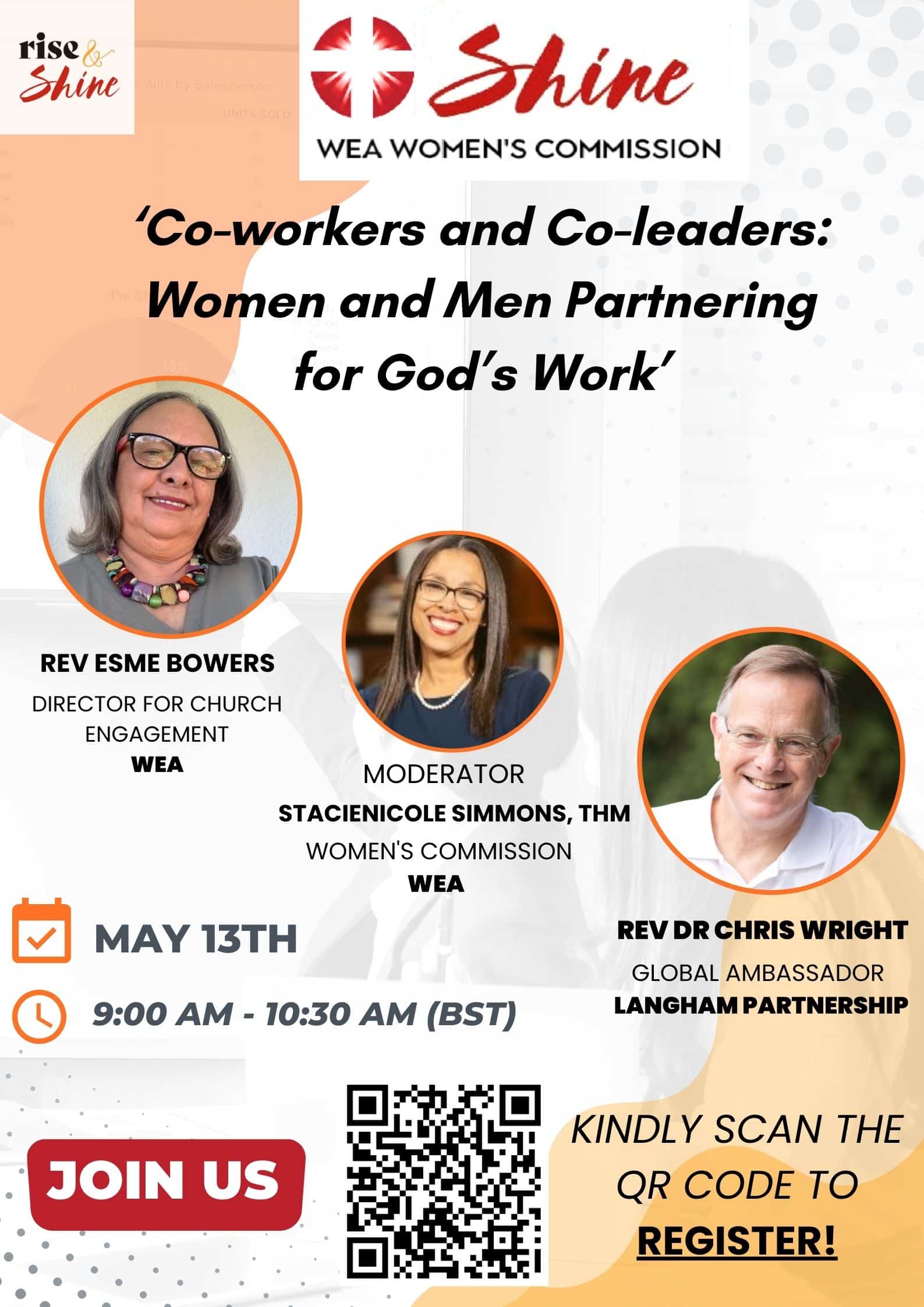Statement from the Panel:
It has come to the Panel's attention that many people are wondering whether, given the fact that the report cites only one book (Shaw and Van Engen, Communicating God's Word in a Complex World [Rowan & Littlefield, 2002]), that citation should be considered an endorsement of the approach represented in that book. The short answer to this question is "no." The citation does not constitute an endorsement of the book's approach to communication.
A fuller explanation is as follows. In the Panel's work and discussions, it used the four-horizons framework from the book by Shaw and Van Engen. These discussions never focused on the book or its overall approach, but were confined to the horizons of communication. The question never arose whether any members had read it, and, if so, whether they approved of it. When the report was finalized, the four horizons were incorporated into the preamble simply as a way of reminding the readers of the importance of context in communication, and these horizons were referred to as "contexts" (Old Testament, New Testament, communicator's, and audience's contexts). This was all the Panel as a whole was taking from the book in question, although again, individual Panel members may have had partial or complete agreement with it, or no agreement at all.
As the report was finalized, the question arose about citing sources and/or including a bibliography. The Panel decided not to do so, but simply to mention that it had consulted a vast array of academic sources in the process of doing its work. Just after the final session, however, some members of the Panel expressed reservations about using a copyrighted idea as directly as the four-horizons idea was being used, without giving proper credit. They argued that the use of the four horizons from Shaw and Van Engen was direct enough to require a citation. Thus, the citation was added because it framed the context of the Preamble.
Therefore, one may see that for the Panel as a whole, the only salient point from the book was the need to consider these four contexts of communication. The citation was indeed an anomaly in a document with no other non-biblical citations, and it was added to avoid any hint of plagiarism or intellectual dishonesty, not as a direct or indirect endorsement of the book in question.
For more information and to download the final report, visit WEA's special page on the Bible translation review here.




Stay Connected